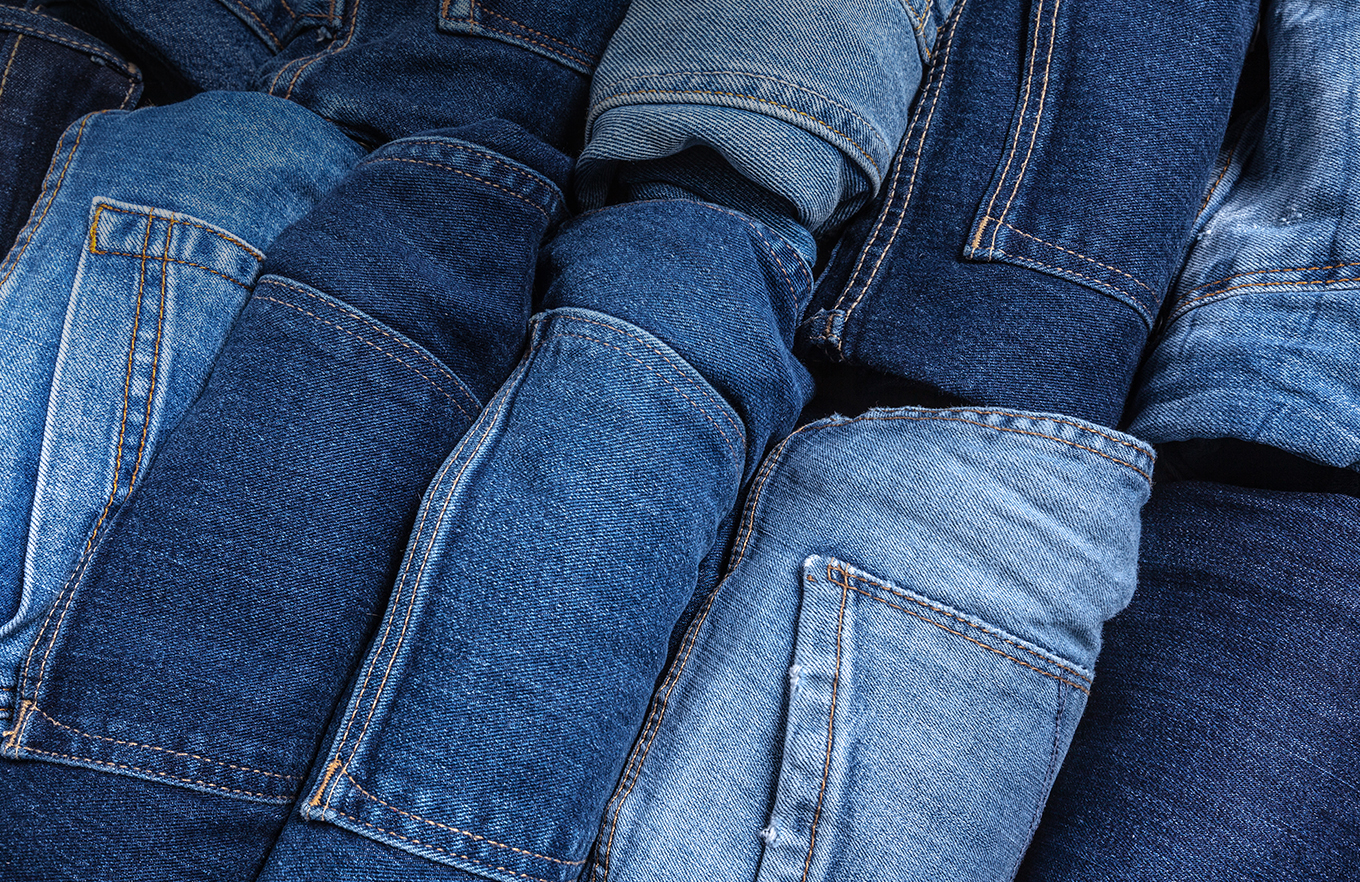
How to Evaluate Sustainability Claims Made by a Denim Jeans Supplier in Pakistan?
When someone says they’re “green” in the denim world, the first question should be: how green are they really? The fashion industry is notorious for clever marketing tricks, but genuine sustainability goes way beyond a label. This is especially true when dealing with a denim jeans supplier in Pakistan, where textile manufacturing is both a legacy and a rapidly modernizing industry.
Understanding what sustainability actually means in practice, and how to measure it, can save businesses from falling into the trap of vague promises. From supply chain transparency to eco-conscious certifications, buyers must learn to separate authentic efforts from empty buzzwords.
The global fashion sector has come under scrutiny for its environmental footprint. Denim, being one of the most resource-intensive fabrics, has often taken center stage in discussions about sustainability. A credible denim jeans supplier in Pakistan must demonstrate not only commitment but also action. Claims like “eco-friendly production” or “organic fabrics” should come with proof, not just pretty taglines. As more global brands lean toward sustainable sourcing, suppliers that can back their claims with hard data become far more valuable.
One of the most common claims involves the use of organic cotton or recycled fibers. While these sound impressive, it’s essential to ask for certifications like GOTS or OEKO-TEX. Without these, the promise might just be marketing fluff.
Denim production is water-hungry. Suppliers may claim they’ve cut usage significantly. To evaluate this, request actual data or process details. Do they use waterless dyeing technologies or recycling systems?
Some suppliers emphasize fair wages and safe working conditions. While this is crucial, a buyer should verify compliance through audits or certifications. Being based in Pakistan, where manufacturing labor is plentiful, adds weight to this particular claim.

Marketing material may dazzle, but it often hides the real picture. Instead of accepting broad statements, buyers should request specific proof. For instance, if a supplier claims they are a denim manufacturer in Pakistan committed to clean energy, check if they use renewable energy sources in production.
Independent certifications like ISO 14001 or SA8000 can confirm environmental and labor standards. Without proper documentation, sustainability claims hold little weight.
There’s no substitute for seeing operations firsthand. If possible, arrange a visit to the production facility. Evaluate wastewater management, working conditions, and raw material sourcing to see if the claims align with reality.
A trustworthy denim jeans supplier in Pakistan will always be open about their practices. Transparency builds credibility. When a supplier shares details of their supply chain, energy sources, and waste management openly, it’s usually a strong indicator that their sustainability efforts are genuine. Companies like Samad Apparel have earned recognition because they don’t just talk about sustainability; they show it in measurable results.
Terms like “eco-friendly” or “green denim” without supporting evidence are a major red flag.
If a supplier has no external audits, certifications, or partnerships, question the credibility of their claims.
When different representatives of a company share conflicting sustainability details, it could signal a lack of structure or authenticity in their approach.
Technology has become a powerful ally in evaluating sustainability. Platforms now allow buyers to trace raw materials back to their origins. Advanced water recycling systems and energy-efficient machinery also set modern suppliers apart. A future-forward denim manufacturer in Pakistan integrates technology not only to improve output but also to reduce environmental impact. Samad Apparel has showcased how embracing innovation helps ensure sustainability is embedded into every stage of production.

Sustainability should never compromise quality. A strong denim jeans supplier in Pakistan delivers durable jeans that meet both ethical and consumer expectations. If a supplier emphasizes sustainability but the product fails in quality checks, that’s not a winning equation. Genuine suppliers balance eco-friendly practices with superior craftsmanship, ensuring both the planet and the end consumer are taken care of.
Brands working with international consumers are under a magnifying glass. Customers today demand proof of eco-friendly practices. For businesses sourcing from Pakistan, verifying claims is not optional; it’s a necessity. Reliable suppliers like Samad Apparel highlight the importance of merging traditional expertise with modern sustainability. This makes them attractive to brands that want to deliver value without harming the planet.
It’s not only about suppliers making claims; buyers also play a role. Responsible sourcing requires effort, questions, and verification. Accepting vague claims without investigation contributes to greenwashing. Buyers should take active steps to demand proof, monitor supply chains, and partner only with transparent suppliers.
Connect with Samad Apparel today to source denim sustainably, ensuring your brand values and product quality align seamlessly with consumer expectations.
Evaluating sustainability claims is not about doubting suppliers; it’s about demanding clarity in an industry often clouded with vague buzzwords. A genuine denim jeans supplier in Pakistan will embrace transparency, back claims with certifications, and demonstrate measurable improvements in their environmental and ethical practices. With growing consumer demand for sustainable fashion, choosing partners like Samad Apparel ensures your brand stays ahead in both responsibility and reputation. After all, denim may be timeless, but sustainability is the future.
You can request certifications like GOTS, OEKO-TEX, or ISO, and also visit their facility for firsthand verification.
Denim production consumes large amounts of water during dyeing and finishing. Sustainable suppliers implement water recycling and waterless dyeing processes.
Not all are. While some, like Samad Apparel, invest heavily in eco-friendly practices, others may rely only on marketing without substantial action.


